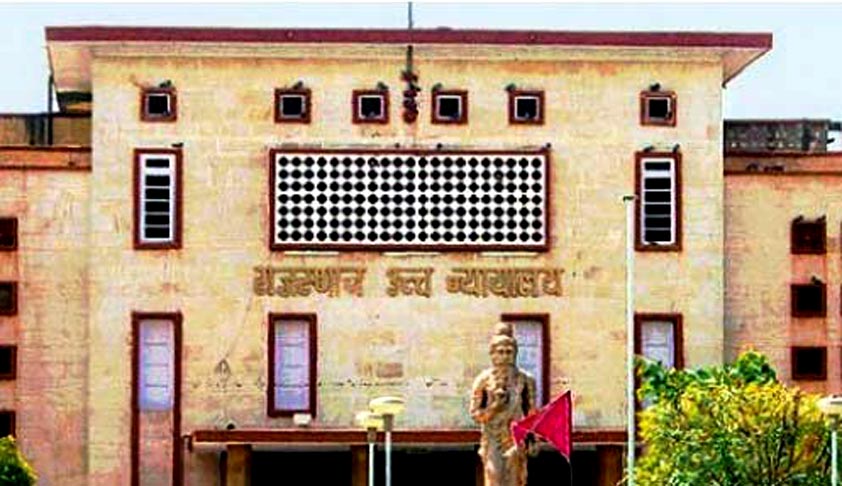Five Important Principles relating to Compulsory Retirement
LIVELAW NEWS NETWORK
23 Aug 2016 10:19 PM IST

Next Story
23 Aug 2016 10:19 PM IST
Recently the High Court of Rajasthan while upholding an order of Compulsory retirement of an Additional District & Sessions Judge (Fast Track) under Rule.53(1) of the Rajasthan Civil Service Pension Rules, 1996, has re-iterated the following principles relating to Compulsory retirement as summarized by the Supreme Court in Baikuntha Nath Das & Anr. Vs. Chief District Medical...
